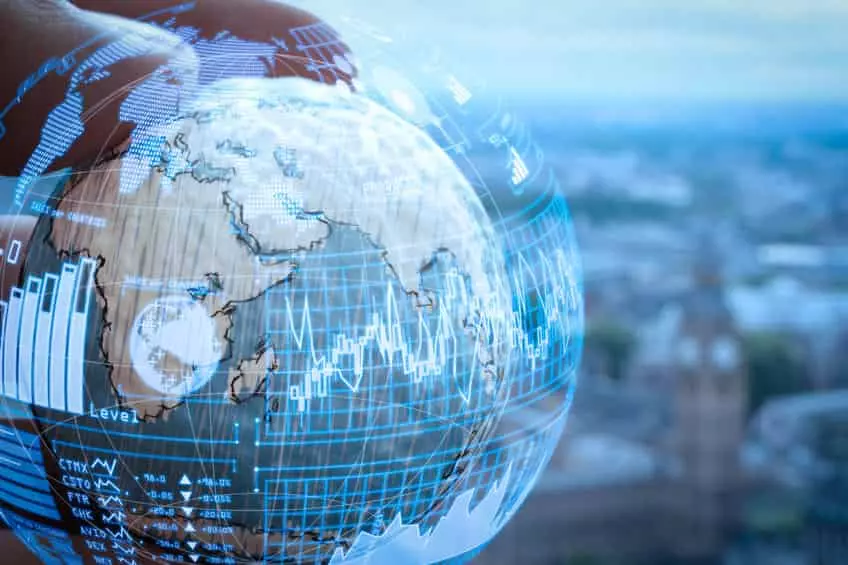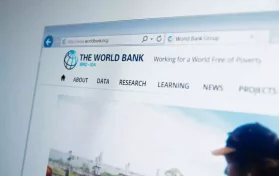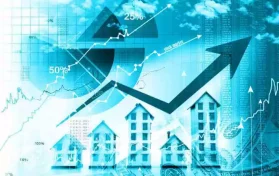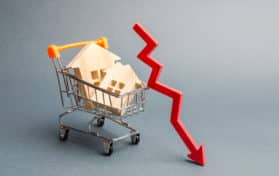
While Americans are in the midst of inflation woes, the skyrocketing rise in prices of goods is not a strictly American phenomenon. According to the World Bank, inflation is hitting developing countries as well as emerging countries with a wallop as much as it is hitting Americans’ pocketbooks. Many of these countries are tightening policies in an effort to combat the pressures of inflation.
Americans are dealing with gas prices that are fifty percent higher than this time last year, and food at home is up by seven percent. Those who eat outside the home are finding the prices of take-out increasing as well. However, in developing countries, inflation can have a detrimental effect on how the economy recovers from the pandemic.
The World Bank Chief Economist and Director of the Prospects Group Ayhan Kose said in a statement to Yahoo Finance on Wednesday, “Inflation is a global phenomenon. What we have seen in recent months, we see pretty much everywhere.”
On Wednesday the American government released data showing prices rising by a whopping seven percent in the month of December alone. This is the fastest year-over-year growth observed since June 1982. The Federal Reserve, the central bank of the United States, has signaled that it may make moves soon in an effort to curb the rampantly rising inflation by raising interest rates.
The World Bank noted that developing countries and emerging markets are seeing inflation rates that these entities haven’t experienced since 2011. The central banks of Brazil, Mexico and Russia are among countries where policymakers are already raising interest rates in their countries, which increases the cost of borrowing in their nations.
However, raising interest rates may have an effect that economists are loathe to embrace. The raising of rates could put a damper on economic recovery in these countries as well as in the United States.
The World Bank released a Global Economic Prospect report earlier this week, and the economic experts at the World Bank are depicting a very bleak outlook regarding economic divergence in a time when most countries are attempting to recover from COVID-19 woes. Advanced economies are expected to bounce back by 2023, but the economy of emerging and developing countries may remain four percent below pre-pandemic trends.
The possibility of raising interest rates comes at a time when variants of the COVID-19 virus continue to disrupt the flow of trade, which is a critical source of economic growth.
According to Kose, “unfortunately, the pandemic is still here. This is creating an extremely challenging transition for emerging and developing countries.”
According to the Global Economics Prospects report, the worldwide GDP is expected to decelerate by more than a percentage point per year between 2021 and 2023. However, in places like the United States, considered to have an advanced economy, the economy is expected to expand by nearly four percent in 2022.





